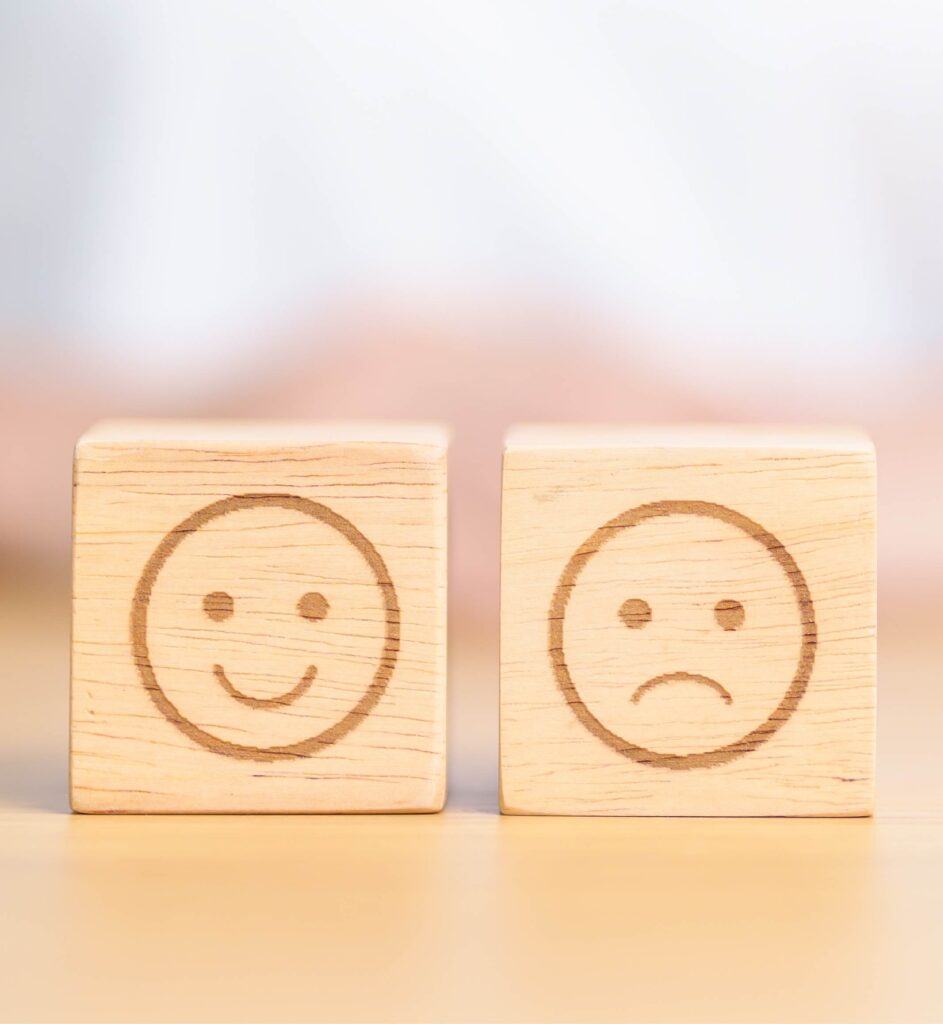Free shipping on all orders over $50 | Subscribe & save 15%
Free shipping on all orders over $50 | Subscribe & save 15%

Are you wondering how Interstitial Cystitis (IC) affects mental health? Living with IC is a journey that goes beyond the physical pain and discomfort. This chronic condition causes persistent bladder pain, urinary frequency, and a host of other health problems.
However, many aren’t familiar with the ways IC can profoundly affect mental health. Emotional suffering is the untold component of IC and known to make physical symptoms worse.
In this blog, we’ll explore the relationship between IC and mental health. We’ll specifically explore its links with depression, anxiety, and post-traumatic stress disorder (PTSD).
IC has a relentless nature. Sufferers often experience cycles of unexpected flares and persistent discomfort. As a result, millions are living with chronic pain and constant disruption in their daily lives.
If you or someone you know has IC, you might feel frustrated, anxious, helpless, or depressed. IC is truly a heavy burden to carry. That’s why it’s important to prioritize mental health while seeking remedies for your IC symptoms. Keep reading to learn more.
Depression is characterized by feelings of sadness, hopelessness, and a lack of interest in daily activities. Like IC, depression can impact your ability to function in many areas of life, including work, relationships, and self care.
Around 21 million Americans have depression, which often occurs with other illnesses, as stated by the National Institutes of Health. It’s difficult to make a direct correlation between depression and IC. However, physical health impacts your mental state.
Many IC sufferers have to survive with relentless pain. They have to brace themselves for the uncertainty of when the next flare will strike. This way of living places huge limitations on one’s life.
When faced with the reality of this condition and the lack of solutions available, IC patients might feel hopeless and depressed. Read how Heather, a brave IC patient, found ways to cope with this condition.
If you’re suffering with negative thoughts, know that you’re not alone. Here are a few ways you can cope with feelings of depression.

Anxiety is another common sidekick to IC and it can manifest in various ways. Excessive worry, apprehension, and heightened physical responses to stress are all trademarks of anxiety. People become restless, irritable, and have trouble concentrating. Does that sound familiar?
Anxiety can manifest itself in IC patients as excessive worrying. You might be concerned about experiencing a flare in public or how to manage your symptoms. Strained personal relationships can also cause a constant state of apprehension.
IC patients are often tense and restless, constantly expecting the worst case scenario to happen. This contributes to a perpetual state of stress. As you might have read, stress is a trigger for an IC flare. The cycle of pain and anxiety can feed into each other, creating a challenging cycle to break.
IC can strain relationships, as constant pain and anxiety make it hard to fully engage and connect with others. With the help of your loved ones, you can overcome challenges and strengthen your bond. Together, you can break the cycle of pain and anxiety, and find a path towards a better quality of life. Here are a few more healing tools.
IC symptoms (and the expectation of them) can be overwhelming. See the following tools that could help you relax:
A traumatic experience or event could trigger a person’s IC journey. This could be a severe infection or pelvic injury that leads to the development of IC.
Or, when a psychologically traumatic event occurs, a person may develop post-traumatic stress disorder (PTSD). In these cases, IC symptoms may serve as a constant reminder of that initial trauma. It creates a complex interplay between physical and psychological distress. Some symptoms of PTSD are flashbacks, intrusive thoughts, and avoidance behaviors.
It’s crucial that individuals experiencing PTSD seek specialized support that addresses physical and mental wellness. The healing process has to include the right tools for both. Take a look at these strategies.

When you have IC, it’s important to recognize and address your mental health as an essential aspect of holistic self-care. By seeking support, implementing coping strategies, and keeping your head up, it’s possible to navigate this journey with grace and strength.
Reach out to a healthcare professional, a support group, or a trusted friend. For more informative blogs, resources, and support, subscribe to our newsletter and stay up to date on the latest.